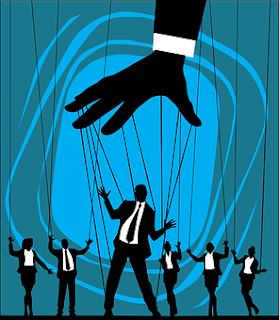A genius director, menaced
in his neofascist homeland,
accepts an invitation to New York.
His thing is improv. Even the music
(“graffiti on the fourth wall,” he calls it)
is improvised. A loft is made up
as a comfortable apartment – kitchen, shower.
The accomplished advanced student actors
he has chosen are told to regard
the circulating shadowy small audience
at the rear as the unconcerned witnesses
their city is rich in. “You must act,”
he says in his impenetrable accent,
“for a week. You have no roles but aren’t you.
Must decide in the course of things who you want to be
and are.” An Asian girl who heretofore
had shown no sign of gender dystrophy
is a man from the getgo. He holds forth
on the misères of women in a way
that gradually reveals his vanity. A trans youth
interrupts, proclaims male virtues, however
latent and hard to evoke. Unsure
if they’re being ironic, a pair who
offstage are not lovers mount a fierce married quarrel
about chores; then cook, which renews it.
The cast eats in silence. The poet
(who rather awkwardly declares himself)
engages the couple about their jobs,
improbably lucrative, hilariously insecure.
The comic turn works but risks stasis. The trans
inquires mildly of the husband
when he’ll afford a yacht like Bezos’s
with its own service yacht. The Asian girl,
now uneasily female again with a caricatured
accent, refers to “Celestial Ships”
and warns them not to sail the South China Sea.
The poet, worried, soliloquizes
about how, when institutions functioned,
one could valorize the individual, the rebel,
but now, in his own work at least,
he finds himself dreaming of bureaus.
The third day, however, the wife breaks. She had tried
to hold on to the music, which at least came
(when it came) from outside, but it
had failed her. Now she slams
the door of the microwave, curses, and
goes looking for the genius, who is nowhere.
Frederick Pollack
Author of two book-length
narrative poems, The Adventure (Story Line Press, 1986; reissued April
2022 by Red Hen Press) and Happiness (Story Line Press, 1998), and two collections,
A Poverty of Words (Prolific Press, 2015) and Landscape with Mutant
(Smokestack Books, UK, 2018). In print, Pollack’s work has appeared in Hudson
Review, Salmagundi, Poetry Salzburg Review, Manhattan Review, Skidrow
Penthouse, Main Street Rag, Miramar, Chicago Quarterly Review, The Fish
Anthology (Ireland), Poetry Quarterly Review, Magma (UK), Neon
(UK), Orbis (UK), Armarolla, December, and elsewhere.
Online, his poems have appeared in Big Bridge, Diagram, BlazeVox, Mudlark,
Occupoetry, Faircloth Review, Triggerfish, Big Pond
Rumours (Canada), Misfit,
OffCourse, Ariel Chart (2019, 2021, 2022), and elsewhere.


we live in a time where friendship needs to be tested before taking for granted. the gov and media are instruments of oppression.
ReplyDelete